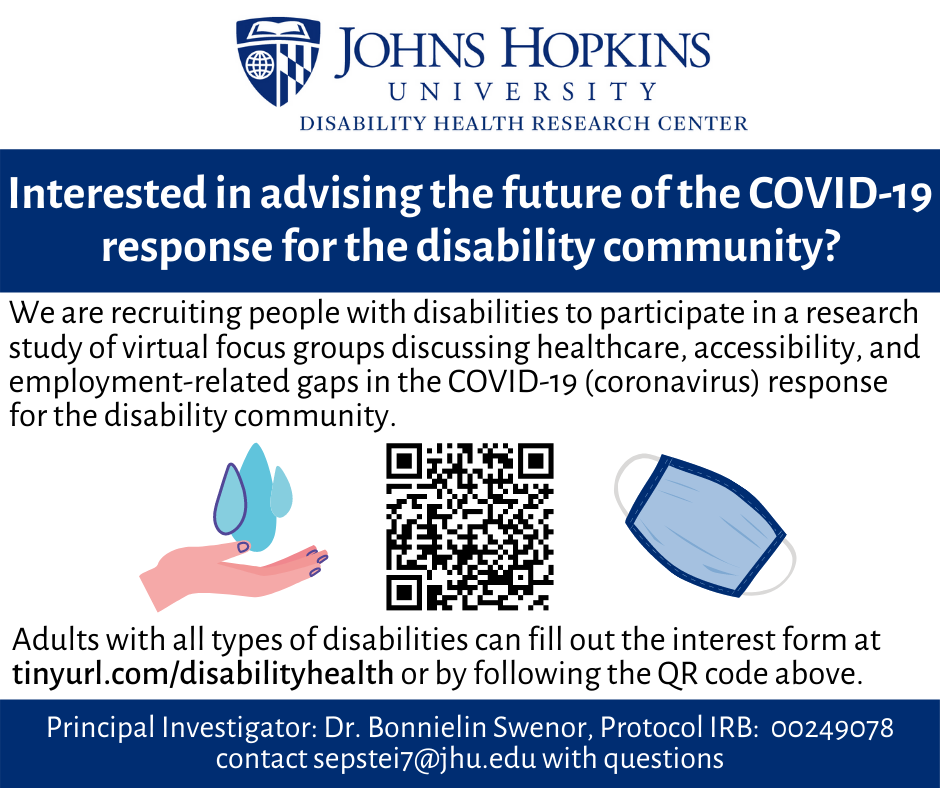Earlier this week, we sent an alert about Judge Amy Coney Barrett’s nomination with several ways to take action.
On Monday, October 12, NCIL is joining other disability organizations to coordinate a national call-in date to oppose the confirmation of Judge Amy Coney Barrett to the U.S. Supreme Court. As we said in our previous alert, Judge Barrett’s opinions on a number of issues are damaging to disability rights, and her appointment to the U.S. Supreme Court would threaten the rights and lives of Americans with disabilities. Her hostility toward the Affordable Care Act (ACA) is a particular threat, since the ACA has been vital to millions of people across the country, including the disability community. If Judge Barrett is confirmed, losing the ACA is far more likely.
Join the Call-In Day!
- Join and share the event page on Facebook
- You can reach both of your Senators by calling the Capitol Switchboard at (202) 224-3121 (voice) or (202) 224-3091 (TTY) and asking to be connected to your Senator.
- You can find your Senators’ contact forms at senate.gov.
- You can find your Senators’ Twitter handles, Facebook pages, and more on Contacting Congress.


